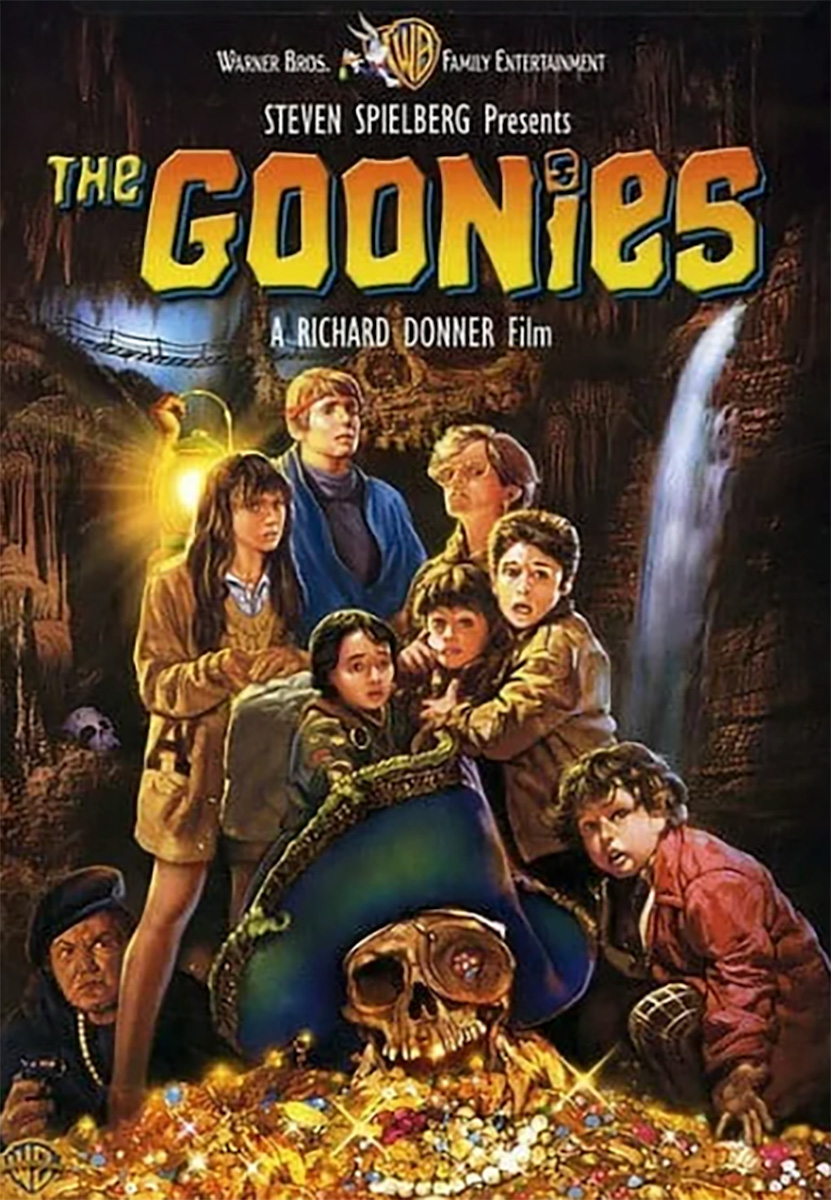I think a lot of people don’t exactly know what Jon Stewart does. Some say he’s a liberal political pundit, some say he’s just a comedian. Some say he’s news, some say he’s entertainment.
Honestly, it’s hard to pin down.
His joint rally with Stephen Colbert (in character) this weekend on the National Mall in Washington D.C., The Rally to Restore Sanity and/or Fear, was more or less an attempt to clear the blur a bit by taking a stance against the vicious shouting matches on cable news that are polarizing the political views of many Americans.
It actually started as two separate rallies. Stewart announced his rally called “The Rally to Restore Sanity” as a small response to Fox News’ Glenn Beck’s Tea Party rally, “Restoring Honor to America” held late this summer. Shortly after (and I mean, literally 20 minutes), Colbert announced his own rally, “The March to Keep Fear Alive” on his show as a very big response to Stewart’s rally.
Then, the two rallies fused like strawberry and banana in a Jamaican smoothie of satire and entertainment.
But the theme wasn’t to support a candidate or rib an opposing party; rather, the idea was that people in the (mostly 24-hour cable) media get so set in their beliefs and so crazed about being right, that they end up demonizing each other. Stewart’s message was that these angry pundits and voices in cable news just need to calm down because butting heads, snorting and spitting is pretty counterproductive.
However, Stewart ended the rally with a few moments of sincerity in the face of the jokes and the fun saying, “This was not a rally to ridicule people of faith, or people of activism or look down our noses at the heartland or passionate argument, or to suggest that times are not difficult and that we have nothing to fear. They are, and we do.”
Stewart’s intention wasn’t to “get out the vote” or encourage viewers to be cynical. It was just to tell America that it’s not always the person with the loudest voice that is the most influential. It’s a call to be reasonable and engage in active discussion instead of a daily shouting match.
From the very beginning, Stewart said it wasn’t a political rally, and, on his show, gave some advice on what sort of signs to make for the event; ones that weren’t hateful and in-your-face, but rather the sort of reasonable opinions of normal people. For example, signs at many Tea Party rallies display President Obama with Hitler’s moustache. Likewise, at many liberal rallies, signs show President Bush with the same facial hair.
Stewart suggested a sign that more reasonably reads, “I disagree with you, but I’m pretty sure you’re not Hitler.”
Other signs seen at the rally include ones that said, “If you keep shouting like that, you’ll get big muscles all over your face,” or “I want more tortillas when I order
Fajitas at a restaurant,” and “I’m mad as hell, but mostly in a passive-aggressive way.”
These messages aren’t meant to spread hate or even apathy. They’re meant to be messages of the small everyman’s opinion that doesn’t get distorted and enflamed through media heads with megaphones.
In Stewart’s closing words he stressed that it’s not the people that are the loud ones. Everyday, we’re polite to each other despite political views. He said just because someone has a disagreeable bumper sticker doesn’t mean we won’t let him or her in our lane in front of us.
I think that was the most important message throughout the whole rally: People are inherently good to each other. We have the natural ability to work together, and while our words may get capitalized and twisted by some huge figures in the media, that doesn’t mean the majority of us aren’t willing to work together to fix or create something that affects each and every one of us.






